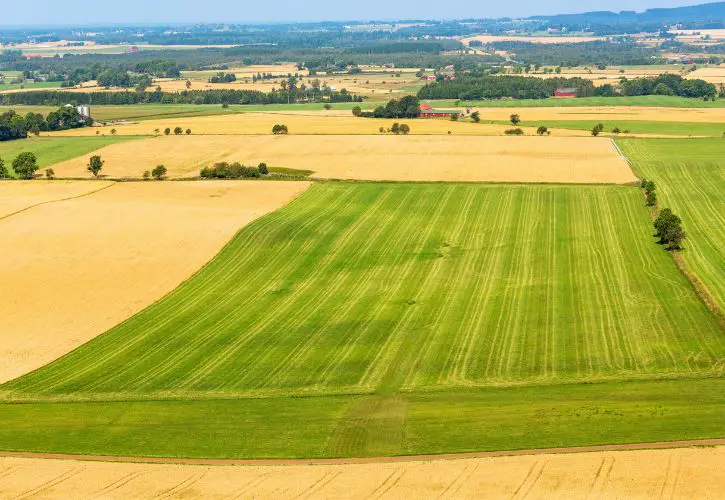You don’t need to own a massive plot of land to reap the benefits of farming. Hobby farms and other forms of backyard farming offer a sustainable, cost-effective, and rewarding way to use your land. Whether you want to sell your fruits and vegetables at local market stands or simply provide for yourself and your family, hobby farming is a lucrative and satisfying endeavor.
While you can start a hobby farm anywhere, there are a few states that provide a particularly fruitful setting for growing your own food. Learn about the best states to start your own hobby farm and get ideas for your own backyard farming with this quick guide.
California
With its Mediterranean climate that allows for a diverse variety of crops—such as almonds, apricots, avocadoes, grapes, and oranges—who wouldn’t want to start a farm in sunny California? The state has a massive agriculture industry, but there’s also plenty of opportunity for you to thrive in your own backyard space.
New Mexico
New Mexico’s low cost of living—and its relatively low farmland prices—makes it one of the easiest states to start your own hobby farm. The dry climate does present some challenges, such as water availability, but the state’s fertile soil makes up for it if you plant the right crops. Beans, potatoes, sweet potatoes, corn, and tomatoes are just a few examples of the things you can grow on a New Mexico hobby farm.
Oregon
Did you know Oregon has some of the richest topsoil in the country thanks to the Missoula floods that occurred thousands of years ago? Additionally, did you know that topsoil is so beneficial for farmers, Oregon Trail guides used to boast about it to encourage settlers to head west?
These and other fascinating facts about Oregon’s farmland only scratch the surface of all the bounty the Beaver State has to offer. Oregon is known for its wine country, making grapes a famous crop, but you can also find success with cherries, blueberries, cranberries, apples, and more.
Vermont
A state with cozy, hometown vibes and a lot of passion for local farmers’ markets presents plenty of opportunities for the budding hobby farmer. Longer, colder winters mean that frost-tolerant vegetables are the way to go in Vermont. You can plant potatoes, onions, beets, and other hardy crops before the end of the frost in early spring, then add more tender vegetables like beans and squash to your garden later in the season.
